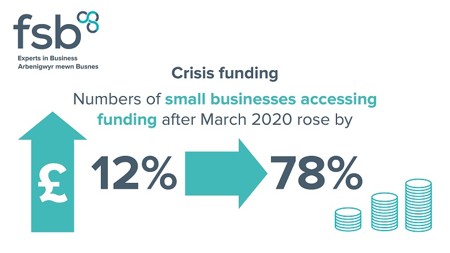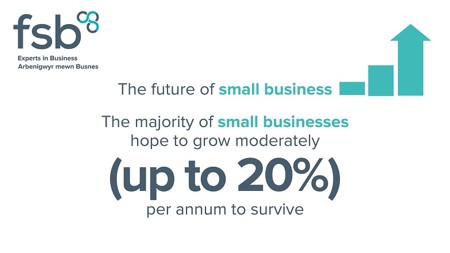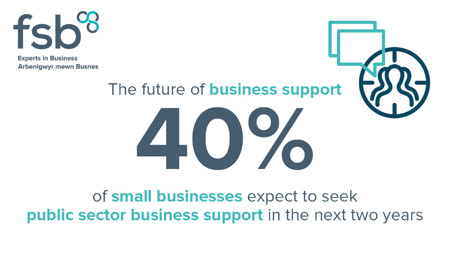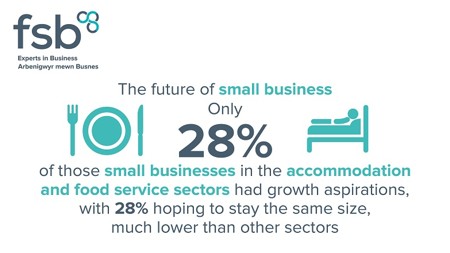Introduction
The Covid-19 pandemic has forced us to think in terms of what we value. We have all had to question what we assign value to, and what we support as things of value to our communities, to our economy and to ourselves and our families. It has forced questions on how we best bring resources across society to bear on these challenges and encourage imaginative solutions while building our economy – and the abilities of our citizens and businesses – to take advantage of new opportunities on the horizon.
Economically, the huge shocks of the last few years require support for businesses to navigate any recovery, at the time where the business support system and regional economic development is in flux following the UK’s exit from the European Union. At the same time, the ‘Levelling Up’ agenda and the crisis intervention of the last few years have signalled the re-emergence of the state as a key actor in the economy, although the extent to which this will remain the case in ‘normal times’ is still uncertain. With historically higher spending per-head than other parts of the UK, Wales potentially has much to lose in terms of the move from EU funding but change also signals an opportunity to look again at how we deal with many of Wales’s long-standing economic issues.
As a result of the ongoing COVID-19 pandemic, there is a need to rebuild our economy, and in the context of climate change to do so in a sustainable way for the long-term that supports and incentivises small and medium-sized enterprises (SMEs) in that transition. It is in this shifting context that we look at business support and the infrastructure to build up our businesses, local communities and shape our economy for the challenges of the future. That is why we have canvassed our members on their experiences and aspirations.
In short, all of this is an opportunity to go back to the drawing board on what business support is, what it is meant to do, and how it fits across wider policy areas. In a time of shifting sands, it is important to get proper foundations in place.
Brexit has meant that the whole structure of EU funding is changing in the UK. Advocates noted the opportunity that this could lead to a more responsive support system that would drive local needs with less bureaucracy and ensure better joined up policy. So far, it is yet to be seen how this will happen, but we can assess development so far and point to lessons for the future, and where there are opportunities in shaping business support to better ensure these desires are met. This work serves as an interim – and necessarily tentative – report on that process to date, with the aim of providing constructive ways forward and ensuring the best outcomes and opportunities for businesses in Wales. The terrain can now be shaped toward the long-term, and should be done with SMEs as the focus, with ‘think small first’ being the principle around which to shape the delivery.
Covid-19 led to an unprecedented support for small businesses and employees. This was essential for those businesses and an acknowledgement of the value of these businesses in our lives, or economy and communities. Outside the pandemic crisis response, for business support to succeed and to promote a ‘Levelling Up’ agenda it needs to focus on impact on business capacity and capabilities leading to long-term economic development. It is important that we also learn from previous mistakes and avoid a focus on short term projects and ‘shiny new things’ that may have no real impact on local prosperity and the wider community
In 2019, 99.4% of total enterprises active in Wales were small and medium-sized enterprises (SMEs), with micro enterprises (0 – 9 employees) accounting for 95.0% of the total. SMEs accounted for 62.4% of employment and 37.9% of turnover in 2019 in Wales.
A system that works for small businesses in Wales must be well funded, and serve the longterm economic development needs of areas. It must also bring to bear central funding with local market knowledge of local partners and be able to stand autonomous from the short-term electoral cycle and the accusation of politicisation of funds while addressing real needs. All this, while also being accountable for the delivery and performance in pursuing that mission of longterm small business focused economic development. It needs to gain the trust of disparate actors – including governments at different levels – and ultimately provide a lever that helps steer towards a prosperous Wales in the future economy.
This report looks to be a constructive contribution towards this end.
Key statistics




Our recommendations
Click below to download the full report including all references and statistics
Cliciwch yma i ddarllen yr adroddiad llawn




